|
I'm a BIG fan of JUMBO Bananagrams. I've posted about Word Building, 3 Down, and most recently the Mini Reflective Puzzle I learned from my friends Trevor and Matthew. After talking about how much fun I have playing the most traditional game using Bananagrams (small or jumbo version), I finally had the opportunity to get it on film. I know this game as, Take Two (there are a few different names for this one). I was playing take two with a set of Scrabble tiles before, the now familiar, bananagrams hit the shelves.
|
PROGRAMMING NOTE: I don't often include competitive games in my team building programs (so many other things to do), but I like the design of this one (e.g., lots of teams) and the learnings I can speak to (e.g., roles and responsibilities - this comes up in the video). And, once the basic (competitive) version of the game is understood, I can move into a couple other versions to spark some other learnings - stay tuned for more posts on these!!
Set-Up Place all the letter tiles, face down, on the floor. Then, divide your larger group into smaller teams of 2 to 4 players. Using one set of Jumbo Bananagrams, you don't want more than eight teams and, I would say, no less than four - just to keep things interesting.
|
Play Send one player from each team to pick up seven letter tiles from the pool of letters - teams keep all these letters face down at their "home" spot until the game begins.
When you (the facilitator) says "GO" all teams can flip over their first seven letters. The challenge for each team is to make words out of these letters and arrange them into a Scrabble-like puzzle formation - words are spelled top-to-bottom or left-to-right. After forming the first word, the second word must be connected to the first, sharing one letter. Any other words created must be connected to at least one other letter of a word in the puzzle. |
NOTE: There have been games I've facilitated where three or four minutes have gone by in the first or second rounds (teams are working with only seven or nine letters) and no one can use all their letters. When this has happens, I call, "Take Two!" so teams can get more resources to work with. So, if a round is going on too long, go ahead and call it.
Now, each team must incorporate these two new letters into their Scrabble-like puzzle. Maybe they can be added to the words already in their puzzle (e.g., adding an "S" to the end of a word). Maybe they will have to rearrange their full collection of letters to form all new words. In the end, the objective is the same. Each team must use all their letters to form words into a Scrabble-like puzzle formation.
As the game goes on, any team that uses all their letters calls out, "Take Two!" until all the tiles in the letter pool are gone. At this point, when a team uses all the letters in their possession, they call, "Done!" Done means that all word building must stop - it does not mean "game over!" Players may not touch any letter tiles when done is called, but they can still focus on their puzzle. The team that called "done" must have their words checked by the facilitator. If all words are acceptable (in most cases I play by Scrabble rules, in some cases I'm more flexible), then the call is, "Game Over - the winner is...." If there is a mistake in the puzzle, the facilitator calls, "Game On" and word building can continue until someone calls, "Done!" again. When a team can present their puzzle with acceptable words, they are declared the winners of said game. Of course, when there is time, a new game can be set up to play.
So, those are the basics!
In the video (below) you'll be able to pick up a team building (learning) aspect of the game that I've recently incorporated. I learned this from my CrowdWords friends (see post HERE) Matthew and Trevor (noted above). When they are playing their version of Take Two (using CrowdWords cards), they assign roles and responsibilities to players. There are "builders" - players that focus on building the words in the puzzle. There are "callers" - a player who is responsible for calling out "Take Two!" with gusto. And, there is a "runner" - a player who is responsible for going to the letter pool and picking up two letter tiles and bringing them back to his/her team after "take two" is called.
As in any team task, roles and responsibilities can be shared or they can be exclusive - if you are assigned a role, that is your only responsibility. Depending on the number of players on a team, there might be enough people for each role and there might be players who take on more than one role (e.g., anyone can be a builder).
Processing When you use roles and responsibilities, you can talk about how this played out and where else this plays out for team members. What role did you take in the game and how did it influence your level of participation? Did you chose your role or did someone else choose it for you? Did players stay within the boundaries of their roles? Why? Why not? Was your role clear to you? If it wasn't clear, what did you do about it?
I also like to talk about the concepts of winning and losing - What do we learn from each concept? How do we treat our opponents? Can we have a game if we don't have competitors? What is the role of competition in our lives? Is it useful? Is it damaging? What if all competition went away, what would our lives be like? Who likes this type of (spelling) game? Why? Who does not like this kind of game? Why? What choices do we have when we're playing in a "game" we don't want to be in?
In my next Blog post, I'll share a little wrinkle I tried out with Take Two right after the Crew in the video learned the basics.
Chris Cavert, Ed.D.

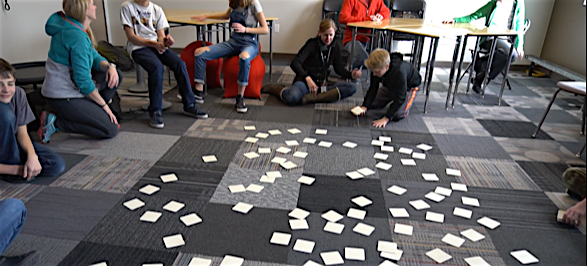
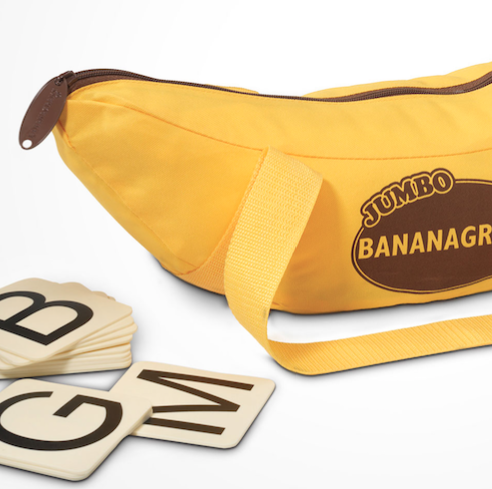
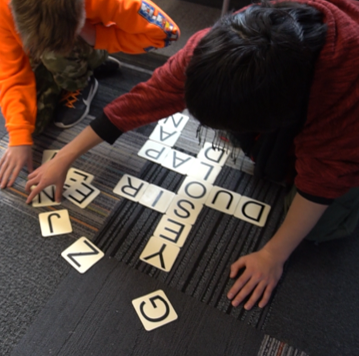
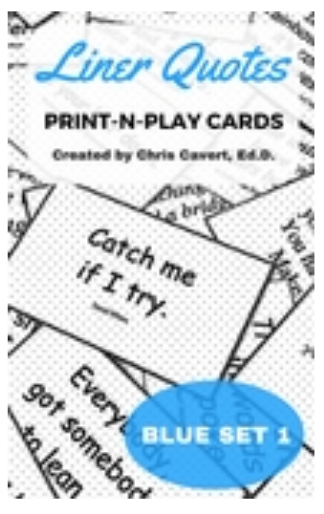
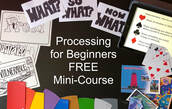
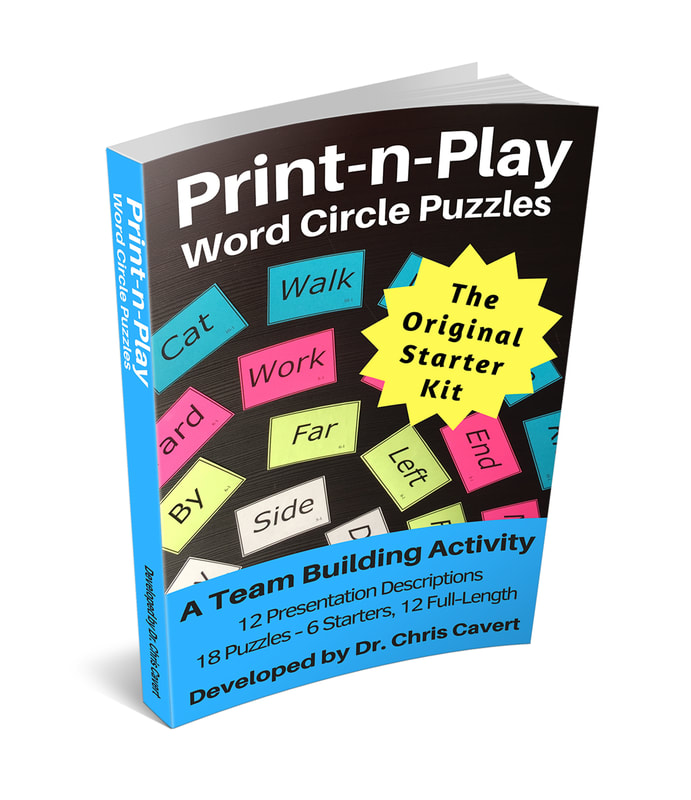
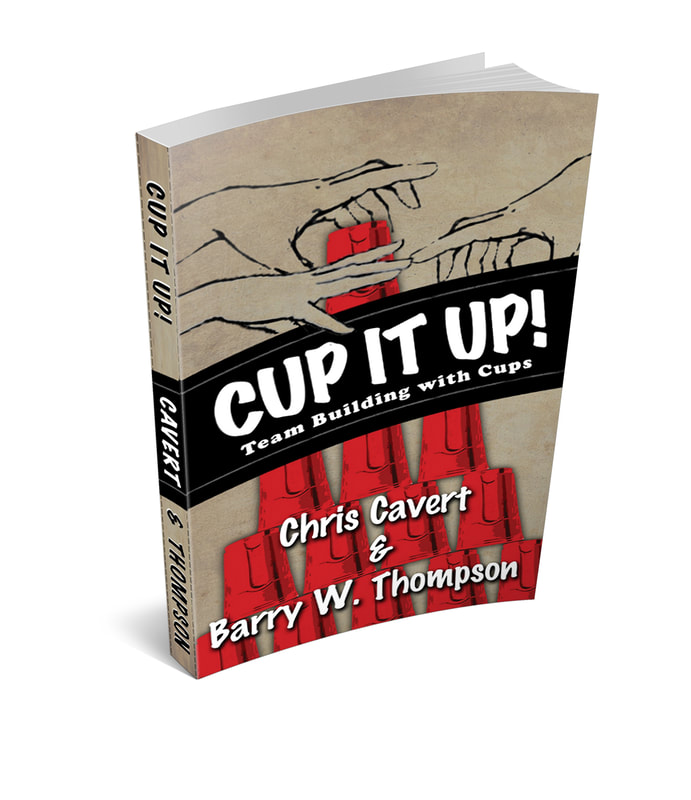
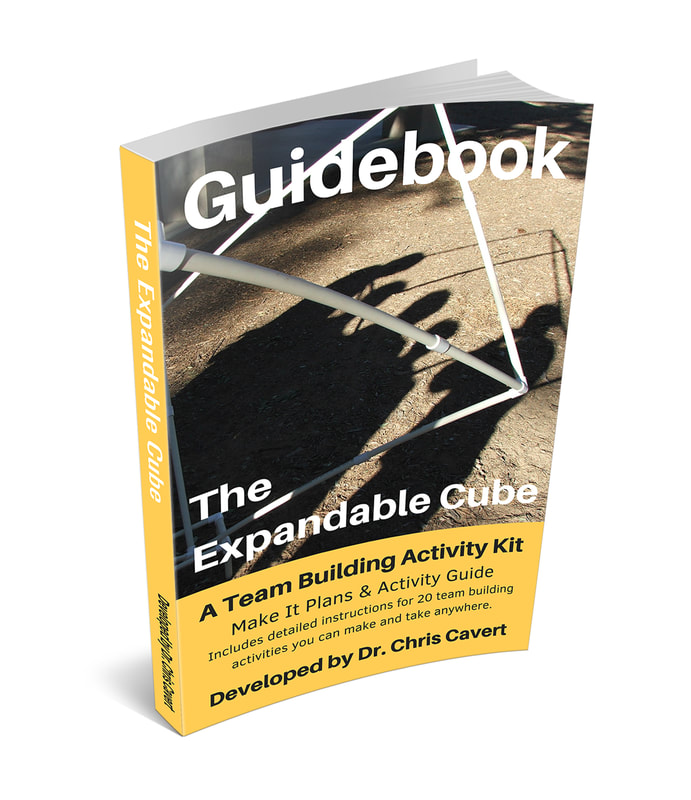
 RSS Feed
RSS Feed